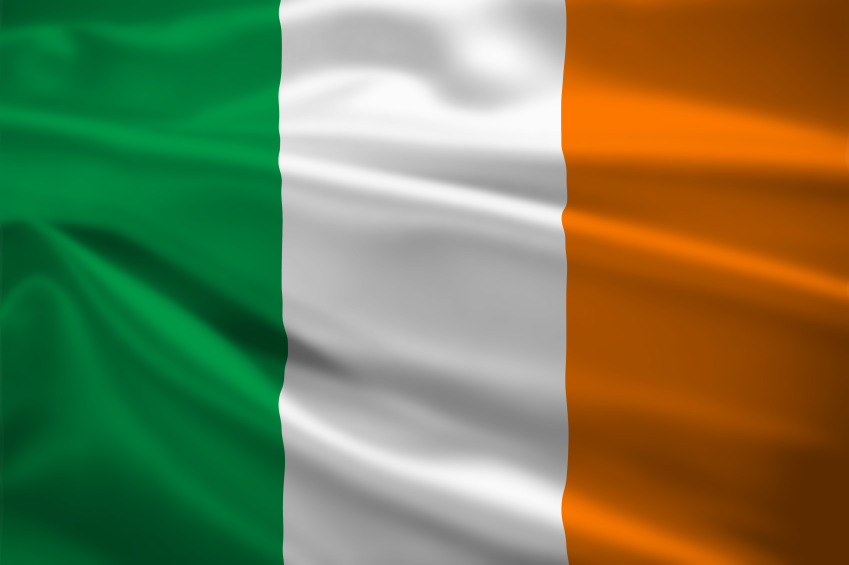The Oireachtas Health Committee in Ireland declared that the government was preparing to submit a draft bill on medically assisted procreation to authorise the post-mortem use of a couple’s sperm, eggs or embryos by the surviving partner. Under some conditions, the parties concerned must have given their “informed consent” prior to death, and the specimens in question can only be used once the year of mourning is over.
The deceased should be recognised as the parent of any child born through post-mortem insemination, “provided that the child is born within 36 months of the person’s death“. To allow the use of eggs or embryos following the woman’s death, the law provides for a ban on commercial surrogacy (see Over 100 Irish children born through surrogacy abroad since 2010), but would allow substitute maternity via a Medically Assisted Procreation Regulatory Authority.
The bill also prohibits the creation of embryos for research or research-related practices on stem cells as is the case with reproductive cloning.
Restrictions on donor age and gamete preservation are expected together with a list of genetic diseases for which pre-implantation screening will be authorised.
While the use of MAP has increased, ranging from “7,589 “cycles” in 2009 to 9,000 in 2016 “, another draft bill is currently in the pipeline. According to the promises made in October 2017 by Health Minister Simon Harris, it should authorise the reimbursement of families having recourse to IVF (see Ireland: heading towards MAP reimbursement and the post-mortem use of gametes and embryos?).
For further reading :
Ireland: debates on the preservation of surplus embryos and sperm donor anonymity
Irish Times, Mark Hilliard (17/01/2018)

